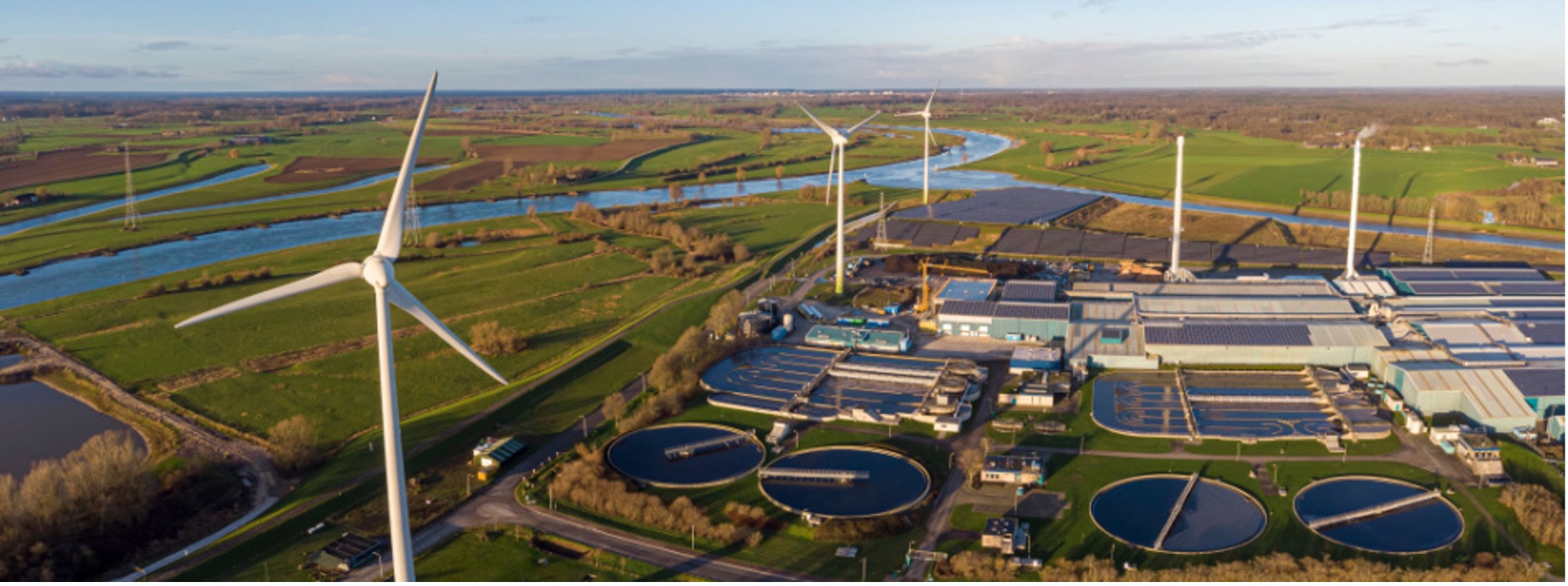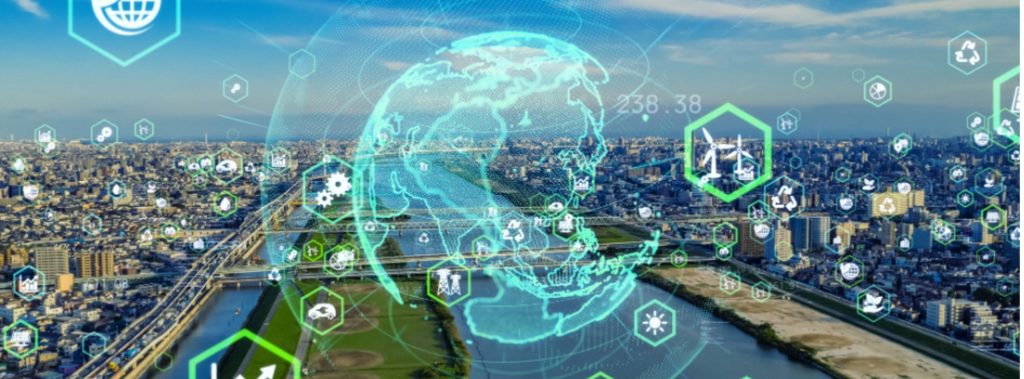
4 Environmental Solutions for Your Water Sustainability Program
Environmentally conscious companies are adopting sustainable water management practices to be better stewards of their resources. As if that weren’t reason enough, leveraging water sustainability solutions will also empower your company to achieve its Environmental, Social, and Governance (ESG) initiatives.
While there are many ways to increase the efficacy of your sustainable water management program, four practices appear to produce the most significant results.
4 Ways Companies Can Achieve Water Sustainability Goals
Whether you want to meet a certain standard or you simply want to be more conscious of the environment, we recommend adopting the following four water sustainability solutions:
1. Water and Wastewater Treatment and Management
Water and wastewater treatment processes are designed to reduce the concentration of contaminants in the water you release from your facilities. Leveraging water and wastewater treatment strategies will allow you to better reintroduce the water your facility uses back into the environment.
In addition to instituting a wastewater treatment program, you must devise a strategy for disposing of water unsuitable for release back into the environment.
2. Water Reuse
Water reuse strategies can reduce the total amount of water your facility consumes. Some common water sources that may be eligible for reuse include the following:
- Agricultural runoff
- Return flows
- Stormwater
- Cooling water (from industrial processes)
- Municipal wastewater
Your local or state municipality likely already has a water reuse program in place. As part of this program, they will recondition water so that it is suitable for specific purposes. While the water might not be ideal for human consumption, it may be usable in your industrial processes.
3. Methane to Power
One of the more innovative water sustainability solutions entails using wastewater to generate methane. This process involves treating the sludge from wastewater using thermal hydrolysis. After it is treated, a portion of the substance is used to create biogas. The remnants are further separated and then used for soil enhancement.
The methane-to-power model can help satiate the world’s growing demand for clean energy. It will also enable you to reduce your company’s environmental impact and achieve its water sustainability goals.
4. Remediation
Despite your best efforts, your operations may have inadvertently impacted waterways near your facility. Fortunately, you can address this unintentional damage using remediation.
Water remediation efforts are focused on cleaning up water that has already been contaminated. While remediation can be quite complex and resource intensive, it is a necessary part of water sustainability. A successful remediation will set the stage for water restoration.

DXP Can Support Your Water Sustainability Initiative
For over a century, DXP Enterprises has been an industrial distribution expert. Our team is constantly exploring ways to help our clients adapt to the modern industrial ecosystem and helping them find ways to preserve environmental resources. As part of DXP Enterprises’ suite of industrial water services, we assist clients as they strive to implement sustainable water management practices.
Whether your organization needs to revitalize its existing water sustainability program or needs assistance implementing a new strategy, DXP Enterprises is up to the challenge.
Contact us today to speak with one of our sustainable water management experts.

